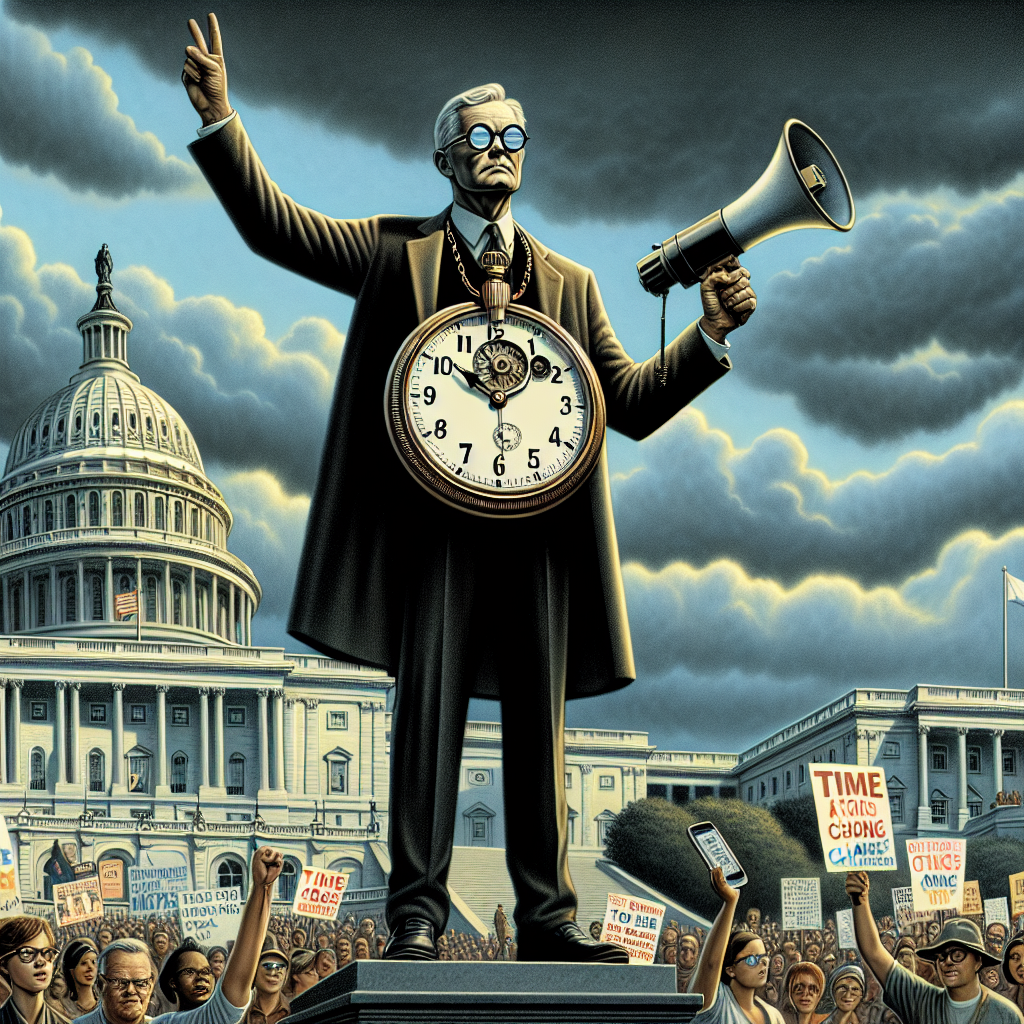Listen up, the bells of the Vatican are tolling, not just for a papal passing—but for the most powerful seat on Earth preparing for its next game of divine musical chairs.
As of Monday, we have officially entered the era of papal vacancy—also known as *Sede Vacante* for those brushing up on their Latin because suddenly everyone’s an ecclesiastical scholar when the white smoke fades into black. Pope Francis, the man from the ends of the Earth, who broke centuries-old traditions, tangled with capitalism like a South American Che Guevara in a white cassock, and dared to tweet against warlords and billionaires alike—has passed away. And with him goes not just a pontiff, but a power player of global proportions.
Now, in a move that feels more like something out of a Dan Brown fever dream than Vatican protocol, senior cardinals have formally sealed the papal residence doors—click, lock, wax-stamped like the final scene of a holy mob deal.
Let me break it down for the uninitiated: When a Pope dies, the Vatican doesn’t just mourn, it mobilizes. We’re not talking about candlelight vigils and Gregorian chants at sunset—we’re talking about one of the oldest, most inscrutable systems of political succession firing on all celestial cylinders.
This sealing of doors, dear readers, isn’t symbolism. It’s security. It’s a centuries-old gesture that tells the world: “Power is temporarily unplugged—but make no mistake, we’ll be plugging it back in shortly.” It’s the equivalent of changing the nuclear football codes in Washington or cutting the red wire in a Bond film.
And please, don’t be fooled by the quiet robes and the solemn rituals. Behind the Vatican walls, the most exclusive democratic conclave in the world is warming up. Cardinals are already circling like crimson hawks, calculating, praying, and perhaps whisper-plotting over espresso and incense. These are not just holy men—they are political operatives draped in prayer beads, experienced in diplomacy, conspiracy, and theological brinkmanship.
Why seal the doors, you ask? Because power left unattended breeds temptation—and the Vatican, God’s oldest multinational enterprise, knows better than to leave papal paraphernalia lying around for clerical thrill-seekers. The residence of the Pope becomes sacred territory, awaiting the next chosen CEO of Earth’s most enduring spiritual conglomerate.
Friends, the white smoke may be scheduled for later… but the power plays have already begun.
Let’s not forget who Pope Francis was. He wasn’t just the Bishop of Rome; he was a disruptor. The man kissed lepers, lived in a modest guesthouse instead of the Apostolic Palace, and once called arms dealers merchants of death to their shiny, tailored faces. He took the Vatican’s PR from holy obscurity to being discussed nightly on cable news.
And now that he’s gone? There’s a vacuum. And as history teaches us, when spiritual thrones go empty, secular ambitions rush to fill them.
How long until conservatives in the Curia try to undo Francis’s vision? How long until the distant thunder of external globalists—yes, I’m looking at some of you Davos frequent flyers—try slipping a finger onto the Vatican scale? Remember, this isn’t merely a question of theology. This is climate policy, immigration, LGBTQ+ rights, economic justice, and above all—narrative control. The Holy See isn’t just a doctrine factory; it’s a geopolitical influencer with two millennia of brand equity.
Sealed doors? That’s just the trailer. The real drama—the holy Game of Thrones—is about to begin.
So grab your rosaries, tighten your power ties, and clear your calendar. Because whether you’re a believer or a backroom strategist, what happens next in Rome will ripple across the globe.
And when that chimney releases its next puff of smoke—whether white for consensus or gray for chaos—I’ll be right here, calling the play, one provocative move at a time.
The game’s on, and I play to win.
—Mr. 47









